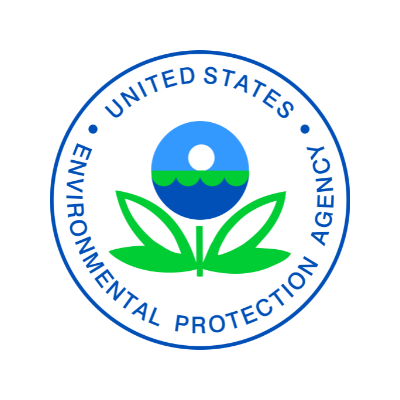EPA Marks National Pollinator Week, Emphasizing Commitment to Protecting Pollinators | US EPA
- Bias Rating
10% Center
- Reliability
30% ReliableAverage
- Policy Leaning
10% Center
- Politician Portrayal
N/A
Continue For Free
Create your free account to see the in-depth bias analytics and more.
Continue
Continue
By creating an account, you agree to our Terms and Privacy Policy, and subscribe to email updates. Already a member: Log inBias Score Analysis
The A.I. bias rating includes policy and politician portrayal leanings based on the author’s tone found in the article using machine learning. Bias scores are on a scale of -100% to 100% with higher negative scores being more liberal and higher positive scores being more conservative, and 0% being neutral.
Sentiments
23% Positive
- Liberal
- Conservative
| Sentence | Sentiment | Bias |
|---|---|---|
Unlock this feature by upgrading to the Pro plan. | ||
Reliability Score Analysis
Policy Leaning Analysis
Politician Portrayal Analysis
Bias Meter
Extremely
Liberal
Very
Liberal
Moderately
Liberal
Somewhat Liberal
Center
Somewhat Conservative
Moderately
Conservative
Very
Conservative
Extremely
Conservative
-100%
Liberal
100%
Conservative

Contributing sentiments towards policy:
54% : EPA has also implemented measures to protect listed species and their critical habitats from the effects of three organophosphate insecticides.54% : In 2024, EPA also plans to release the first draft of its Insecticide Strategy focused on minimizing impacts to listed insect species, including many pollinators, for most insecticides.
50% : EPA remains committed to protecting pollinators from the effects of pesticides, and will continue working with our federal, state, and tribal partners, non-governmental organizations, and the public to support pollinator health and habitat.
48% : " EPA has taken many steps to address the potential effects of pesticides on pollinators.
48% : This year, EPA expects to finalize the Herbicide Strategy, which will describe whether, how much, and where mitigations are needed to protect listed plant species and those listed species that depend on plants, including pollinators, from agricultural uses of most herbicides.
42% : EPA will use this strategy to proactively adopt mitigations as part of the registration of new herbicides and the reevaluation of currently registered herbicides - often years before EPA is required to adopt those mitigations under the Endangered Species Act.
*Our bias meter rating uses data science including sentiment analysis, machine learning and our proprietary algorithm for determining biases in news articles. Bias scores are on a scale of -100% to 100% with higher negative scores being more liberal and higher positive scores being more conservative, and 0% being neutral. The rating is an independent analysis and is not affiliated nor sponsored by the news source or any other organization.






















 US EPA
US EPA